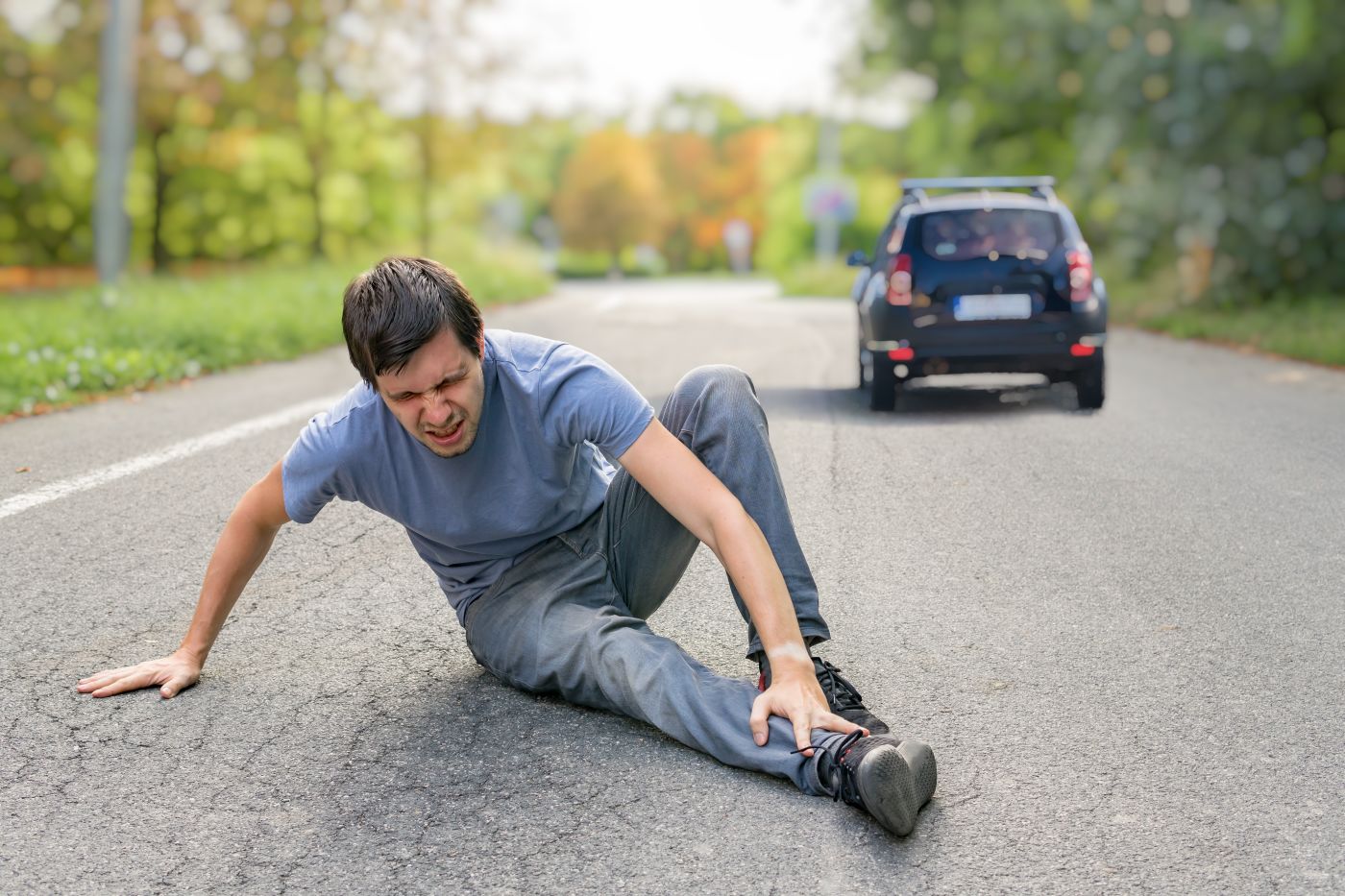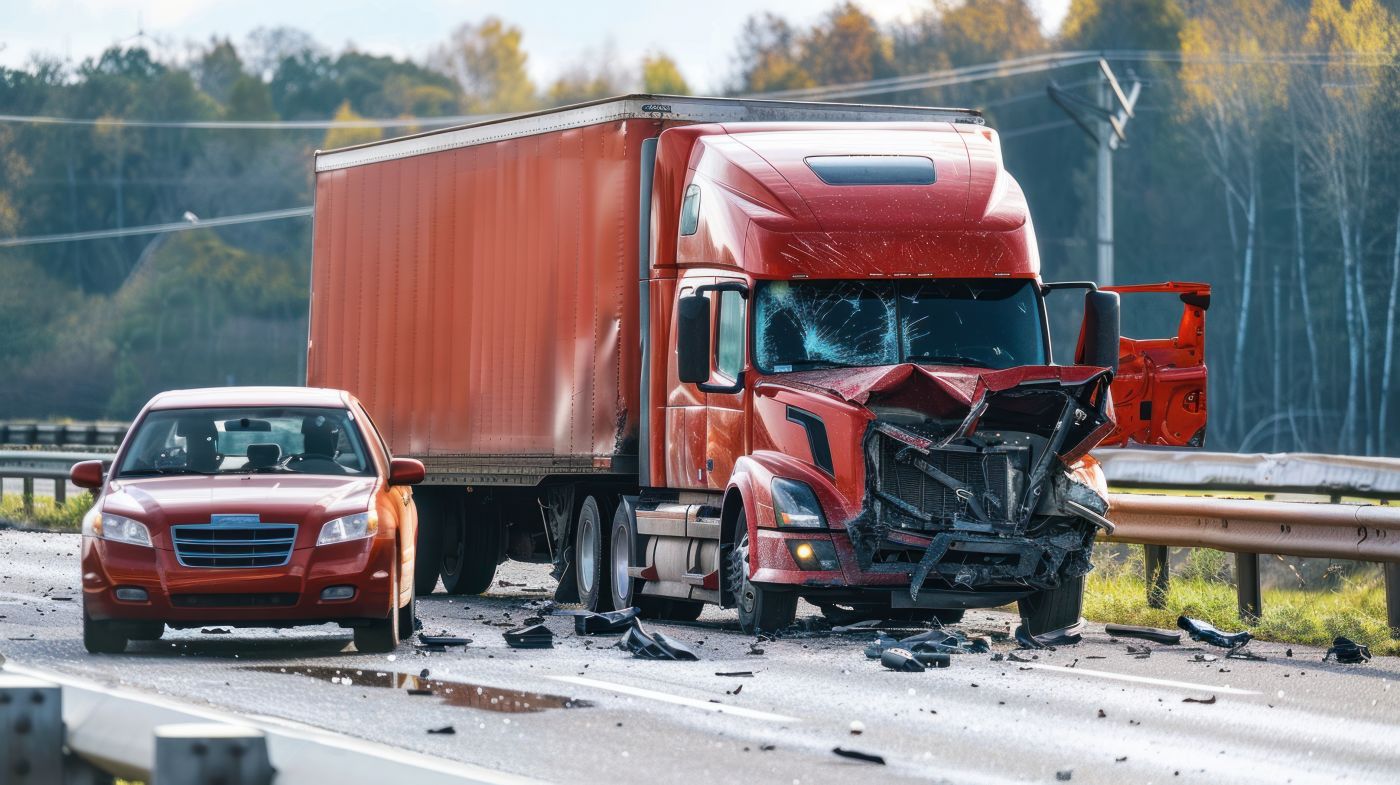Whether you’ve suffered minor injuries or sustained something more serious, the impact of a car crash can reach far beyond the physical trauma.
Diehl & Hubbell, LLC is here to help victims with the aftermath of this situation.
In Southwestern Ohio, victims of car accidents have the right to pursue compensation for the damages they’ve incurred. If you’ve been injured in a car accident, knowing the types of compensation available to you is crucial for recovering both physically and financially.
Medical Expenses and Treatment Costs
One of the most common forms of compensation sought after a car accident injury is reimbursement for medical expenses. The costs associated with treating injuries sustained in a crash can quickly add up.
In Ohio, medical expenses often form the foundation of any personal injury claim, and they typically include:
Hospital bills
Surgery costs
Prescription medications
Physical therapy
Diagnostic tests (such as X-rays or MRIs)
Any future medical treatments necessary for long-term recovery
If you have health insurance, your provider may cover some of these costs initially.
However, your car accident claim could help recover those out-of-pocket expenses if you pursue compensation from the at-fault party's insurance. If your injury is severe, or if long-term care is necessary, the total cost of medical treatment may grow significantly, which is why seeking compensation for these expenses is critical.
Moreover, if you need ongoing care for the foreseeable future, compensation may be calculated to cover these projected medical expenses. For example, if you suffer a spinal injury or brain trauma that requires long-term therapy, that future treatment should be included in your claim, alongside lost income.
Lost Wages and Earning Capacity
Injuries from car accidents can leave you unable to work, sometimes for weeks, months, or even longer. When you’re forced to take time off to recover, you may lose a substantial amount of income.
In Ohio, you can seek compensation for lost wages, which covers the salary or hourly wages you were unable to earn due to your injuries. This type of compensation often includes not only the time you missed immediately after the crash but also any ongoing loss of income due to your condition.
For example, if you were unable to work for a month because of a broken leg or another injury, you would be entitled to compensation for that month’s worth of wages. In some cases, if the injuries result in permanent disability or a diminished ability to work, you may also be entitled to compensation for the loss of future earnings.
In these situations, the calculation of lost wages might also include a reduction in your earning capacity. This occurs when the injury prevents you from performing the same job or earning the same income you could before the accident.
For instance, if you were a construction worker and your injury leaves you unable to lift heavy materials, you might need to seek compensation for the difference in pay between your previous position and any lower-paying job you’re now able to perform. Ongoing physical and emotional suffering also plays a key role in this.
Pain and Suffering
Pain and suffering refers to the physical and emotional distress you experience due to the injuries sustained in a car accident. It includes both the physical pain from the injuries themselves and the emotional toll the accident has taken on your life.
While it’s difficult to quantify, pain and suffering compensation is one of the most common forms of damages pursued by car accident victims in Ohio. This type of compensation is generally calculated based on the severity and long-term effects of your injuries. If your injuries cause ongoing pain or require future surgeries, you may be entitled to a larger amount for pain and suffering.
Furthermore, emotional distress, such as anxiety, depression, or PTSD resulting from the accident, can also contribute to your pain and suffering claim.
The more severe the impact of the accident on your mental health and well-being, the more likely it’s that your compensation for pain and suffering will be substantial. For example, someone who suffers from chronic pain due to an accident might receive higher compensation than someone with a less debilitating injury.
Courts and insurance companies typically consider factors such as:
The nature of your injury
Its impact on your daily life
The permanence of the damage
In addition to personal injuries, car accidents often cause significant damage to your vehicle and personal property.
Property Damage
If your car is damaged or totaled in the accident, you can seek compensation for the repair or replacement costs. In Ohio, this compensation can be pursued through your own insurance (if you have collision coverage) or through the at-fault driver’s liability insurance.
The process of seeking property damage compensation is generally more straightforward than claiming for personal injuries, but it still requires proper documentation. You’ll need to provide estimates for the repair costs or, if your car is a total loss, the market value of the vehicle before the crash.
If the other driver was at fault for the crash, their insurance should cover the property damage, and you won’t have to pay your deductible if you’re able to prove they were responsible. However, if the responsible driver’s insurance company refuses to pay or delays payment, you may need to pursue legal action to secure compensation for the property damage.
Loss of Consortium
Car accidents don’t only affect the injured person—they can have a significant impact on relationships with family members, especially spouses. Loss of consortium is a type of compensation available to the spouse of an injured person.
It refers to the loss of companionship, affection, and the ability to maintain a normal marital relationship due to the injuries sustained in a car crash.
For instance, if the injured person is no longer able to participate in activities they once enjoyed with their spouse, such as going on vacations, participating in hobbies, or providing emotional support, the non-injured spouse may seek compensation for this loss.
Punitive Damages
Punitive damages are awarded in rare cases when the behavior of the at-fault driver is deemed particularly reckless or malicious. Unlike compensatory damages, which are intended to make the injured party whole, punitive damages are designed to punish the wrongdoer and deter similar behavior in the future.
While Ohio law does allow for punitive damages in personal injury cases, they're typically only awarded when the defendant’s actions were egregiously reckless, such as in cases involving drunk driving or road rage incidents.
To qualify for punitive damages in Ohio, the plaintiff must demonstrate that the defendant acted with "malice" or "gross negligence." In cases of car accidents, this could mean showing that the at-fault driver was intentionally:
Driving under the influence of alcohol or drugs
Was engaging in illegal street racing
Had a history of reckless driving
In the most tragic of circumstances, a car accident may result in the death of an individual.
Wrongful Death Compensation
When a person dies as a result of a car accident, their surviving family members may be entitled to wrongful death compensation.
In Ohio, wrongful death claims allow the surviving family members to seek compensation for:
Funeral expenses
Loss of companionship
Loss of financial support
The emotional distress caused by the untimely death
The compensation awarded in wrongful death claims can help families deal with the immediate financial burdens caused by the loss and provide for the family’s future. If the accident occurred due to the negligence or intentional actions of another party, the responsible party may also face punitive damages in a wrongful death case.
Reach Out Today for Legal Representation
Our firm provides services to Southwestern Ohio, including Warren County, Clinton County, Highland County, Clermont County, and Butler County. Reach out to us today and let Diehl & Hubbell, LLC help you discover the right compensation for your unique situation.



